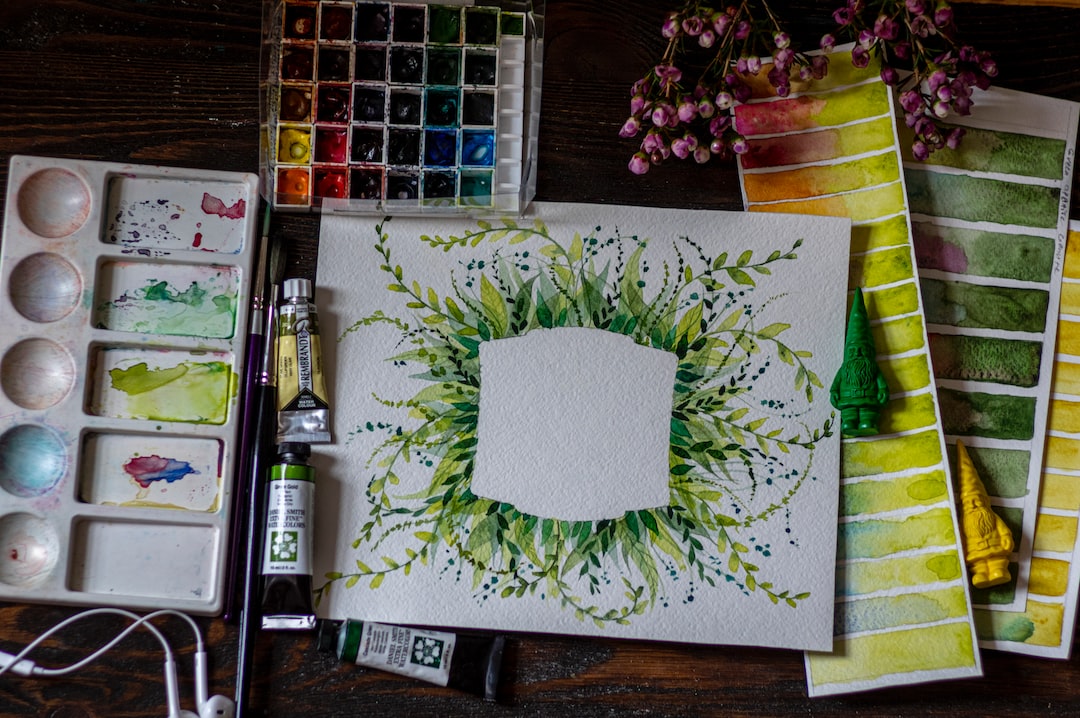Exploring the World of Celebrity Gossip: What’s Real and What’s Just Speculation
In today’s digital age, celebrity gossip has become an integral part of our popular culture. The lives of the rich and famous are often under scrutiny, with every move they make analyzed and speculated upon. From the latest romantic scandals to the questionable fashion choices, we can’t seem to get enough of celebrity gossip. But how much of what we read or hear is true? And how much is just pure speculation?
When it comes to celebrity gossip, it can sometimes be challenging to distinguish between what’s real and what’s just fabricated to grab attention or sell magazines. Tabloids and gossip websites are notorious for sensationalizing stories, relying on unnamed sources and unreliable information to attract readers. It’s crucial for consumers of such content to approach it with skepticism and a critical eye.
One of the main problems with celebrity gossip is the lack of transparency and accountability. Journalistic integrity is often thrown out the window in the pursuit of breaking news and capturing public interest. Rumors and speculations are presented as fact, leading to confusion and potential damage to celebrities’ reputations.
Another factor that blurs the line between reality and speculation is the rise of social media platforms. Platforms like Twitter and Instagram have become breeding grounds for gossip and rumors. With celebrities having the power to control their own narratives by directly communicating with fans, it’s challenging to know what’s authentic and what’s merely a PR move.
But how can we determine what’s real and what’s just speculation in this world of celebrity gossip?
First and foremost, it’s essential to consider the credibility of the source. Professional, reputable news outlets tend to have more stringent fact-checking processes in place, ensuring the accuracy of their reporting. When reading celebrity gossip, always be wary of sources with a history of spreading false or exaggerated information.
Additionally, paying attention to the language used in the report is crucial. Words like “allegedly,” “reportedly,” or “sources say” indicate that information may not be concrete and should be taken with a grain of salt. Genuine news outlets often rely on verified sources and official statements, while gossip blogs and tabloids may resort to using anonymous insiders and unsubstantiated claims.
Verifying a story from multiple sources is also a good strategy to separate speculation from reality. If a story is only reported by one outlet, there’s a higher chance that it might be exaggerated or completely made up. On the other hand, if multiple reliable sources are reporting the same information, it lends more credibility to the story.
Furthermore, considering the context is essential when dealing with celebrity gossip. Take a step back and ask yourself why this specific story is being reported and what might be the motivations behind it. Is it a genuine public interest in the lives of celebrities, or is it a deliberate attempt to generate controversy and boost ratings or circulation?
Lastly, it’s important to remember that celebrities are human beings with their own private lives. They deserve a certain level of privacy and respect. While it can be tempting to immerse ourselves in the glamour and drama of celebrity gossip, it’s vital to differentiate between harmless entertainment and invasive, harmful gossip that can negatively impact individuals’ lives.
In conclusion, navigating the world of celebrity gossip can be a challenging task. With the rise of social media and tabloid journalism, it’s become increasingly difficult to separate fact from fiction. As consumers of this content, we must approach it critically, considering the credibility of the sources, analyzing the language used, verifying stories from multiple sources, and keeping the context in mind. Ultimately, it’s essential to remember that celebrities are people too, deserving of respect and privacy, and to consume gossip responsibly.

